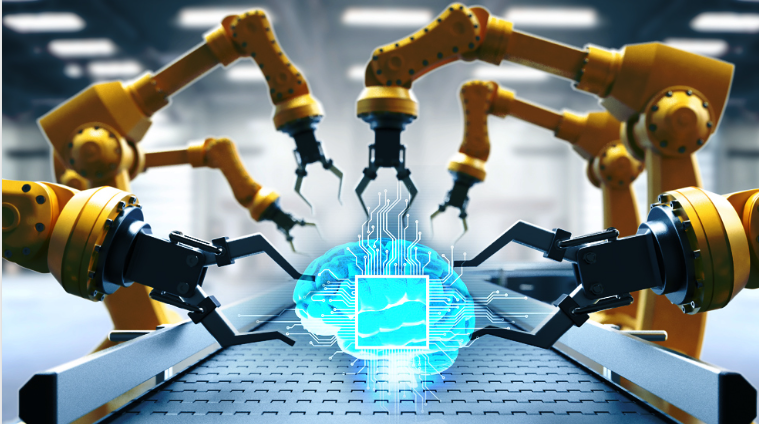Businesses globally are being impacted by skills gaps. Those in the manufacturing sector, however, are feeling the pressure most intensely. Yes, many companies have been heavily investing in robotics to improve automation. Nevertheless, workers still play a key role in many operations which is why so many businesses are still facing huge challenges.
In fact, these challenges are so great that more that 76% of manufacturing leaders responding to the Manufacturers’ Outlook Survey said that retaining a top-quality workforce was one of their biggest obstacles.
With numbers of leaders speaking out, it is clear to see that this is a wide-reaching issue affecting everything from businesses offering specialised surface treatments, such as the ones that can be seen at https://www.poeton.co.uk/standard-treatments, to those producing everyday products that many consumers can’t live without.
Addressing the skills gap with AI
While some frontline workers have come to view AI as a threat because it could replace millions of jobs worldwide, AI is more likely to deliver beneficial outcomes when it is used to improve the quality of workers’ lives.
AI can provide high-quality assistance in real time, allowing workers to access valuable datasets and receive step-by-step instructions for overcoming a specific challenge or issue. AI can also streamline processes in ways that enhance productivity, improve safety standards, and assist with tricky problem-solving tasks.
Adapting AI for frontline workers
Many technological solutions have been placed in the hands of office workers rather than those on the front line of manufacturing operations. As such, it is important to acknowledge that office workers and frontline manufacturing workers will naturally interact with technology in different ways.
In order to drive the positive outcomes we’ve already mentioned, such as increased productivity and better safety, AI technology is going to need to be adapted to suit frontline workers’ needs.
While some alterations will need to be made, businesses must use increasingly innovative tactics in order to outperform their competition. There are many positives to successfully merging frontline operations and AI, such as empowering and upskilling workforces and building the foundations of a strong business.






